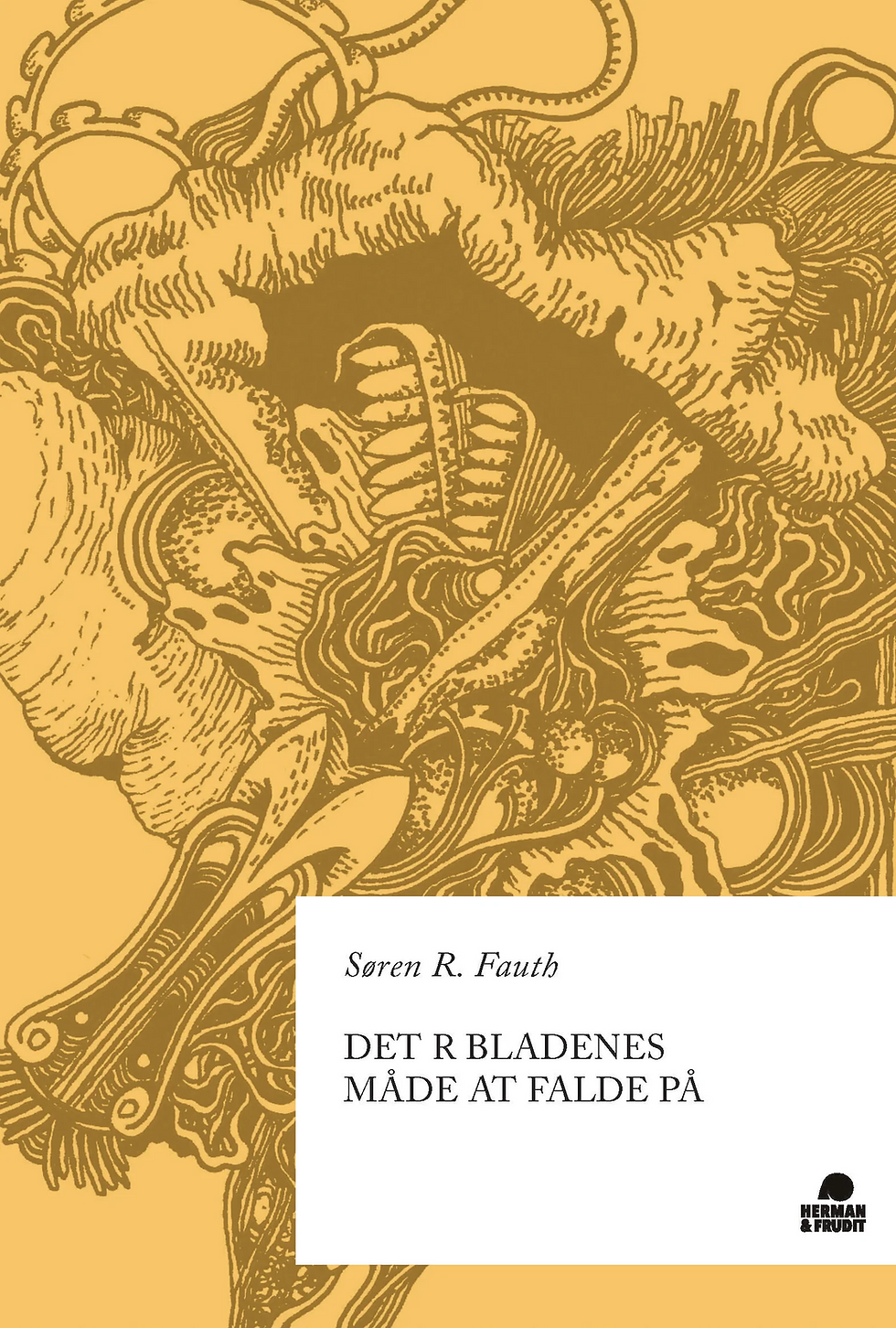Mao Zedong ON CONTRADICTION (1937)
- Matt Travers
- Feb 19, 2021
- 4 min read
Updated: Dec 30, 2022

Why did the chicken cross the egg?
FOOL: "Why—after I have cut the egg i' th' middle and eat up the meat" (King Lear)
In his Paris Review interview, the poet J. H. Prynne professed to learn much from Mao's essay. It proposes a kind of organic ontology which takes its cue from Heraclitus, in its claim that everything is always already in the process of change, and Mao seems to want to create a more workmanlike version of dialectical materialism, sans dogma, while retaining its understated teleology. If Mao’s practical goal was to wrest the Chinese Communist Party from inflexible interpretations of Marxism—Leninism so that he had more room to maneuver, then his philosophical notion of contradiction and its qualifying ‘principal aspect’ allows Mao to draw on the sacred texts to vouchsafe the legitimacy of his own choice of tactics.
The basic trajectory of the essay moves in three stages. Firstly, it slackens the grip of strict historical materialism through reference to Lenin’s paradoxical reading of the Hegelian dialectic. Question: How can opposites be identical? Answer: When each thing needs its opposite equally. No life without death. No plus without a minus. In fact, Mao conceives of all physical phenomena as being in ‘contradiction’ with itself; which sounds generally plausible, but mysterious when applied to living plants and animals.
Consider the chicken and the egg as being in living contradiction. But, naturally, time being irreversible due to entropy and all, the chicken doesn’t return to the egg, even if the chicken might one day lay one and sublate the process. Rather than considering contradiction as an external force which independently drives things to change, Mao would have us consider universal (or absolute) contradiction, in tension with particular (or relative) contradictions. The Heraclitan flux has its speeds and slows by which one thing transforms into its opposite; but calculating the rates of exchange in particular individual transformations requires scientific observation and perhaps something of Ovid.
Arguably, Mao’s aim is to shunt forward the stage-coaches-of-history train to explain how different paths to communism might occur and even suggest alternative destinations without shifting too far from the core tenets of Marxism-Leninism, and, in the process, encourage the Chinese Communist Party to be more astute, empirical, and specific when deducing what Mao now terms 'the principal contradiction', so they can split it apart from the secondary contradictions which doth obscure. Question: What is the principle contradiction? An example: the principal contradiction in capitalism is between proletariat and bourgeoisie, while secondary contradictions (which are ultimately dependent and resolvable only by the principal contradiction) are those between bourgeois democracy and fascism. We are to believe that the resolution of the first contradiction would solve the latter but not vice versa. Pragmatically, Mao operationalises this hierarchy of contradiction to a) identify certain points where secondary contradictions might gain prominence (e.g. The Chinese Communist Party’s temporary truce with the Kuomintang to resist Japanese imperialism) and b) to reassert the teleology towards communism by divergent paths (through the example of Soviet Russia’s dependence on the peasant laborers as opposed the industrial proletariat.) And that's the reason why ‘an egg and not a stone…can be transformed into a chicken', even as both are subject to universal contradiction. It relates to Marx’s notion that ‘all mythology masters and dominates and shapes the forces of nature through the imagination’; and, accordingly, ‘it disappears as soon as man gains mastery over the forces of nature.’ In Mao’s terms, this implicit rationalist teleology is grounded in an understanding of what he would term ‘necessary given conditions’: the way we can know whether something has changed only ‘quantitively’ rather than 'qualitatively'; although this depends on how you construe the inner/outer dualism which riddles Mao’s essay: Reading Mao's 'On Practice' is one tentative step forward. To return to the ontology, along with Marx and Lenin, Mao claims that there is a) only matter in motion and b) contradiction between its forms; so far, so immanent. Where the first state of contradiction entails a kind of persistent equilibrium, the second state is destructive, dissolute, and resolves itself in sublating qualitative change. Mao’s revolution must come only when the conditions are right to facilitate such a leap; meanwhile, debate within the Chinese Communist Party is healthy and natural and inevitable. Or so he would claim in 1937. Overall, Mao’s pedagogic intepretation of the perplexities of the Hegelian dialectic remain comparatively lucid and clear (although see Ben Watson's 'Blake in Cambridge' for a lively ridicule of the whole thing). Impressive also is his strategic deployment of dialectical philosophy to explain courses of action, to interpret historical conjunctures in accord with an over-arching communist teleology, one which encourages greater scrutiny of the actual conditions ‘on the ground’. It also lends itself to the notion of ‘permanent revolution’ while leaving us with the question as to who has the necessary ‘scientific’ training enabling them to identify which historical tendencies are most principal. It would be curious to pair Mao’s implicit cosmology with that of Freud’s in his ‘Beyond the Pleasure Principle’, wherein the death-drive is simultaneously that thing which drives life into all its diverse ‘contradictions’; similarly, it would be interesting to speculate on how absolute and relative contradictions map onto de/re-territorialisations of Deleuze and Guattari, but who has time for that? Why did the chicken cross the egg? Because it was trying to yolk history to a paradoxical theory of time. FOOL: "When thou clovest thy crown i' th' middle, and gavest away both parts, thou borest thy ass o' th' back o'er the dirt. Thou hadst little wit in thy bald crown when thou gavest thy golden one away" (King Lear)



Comments